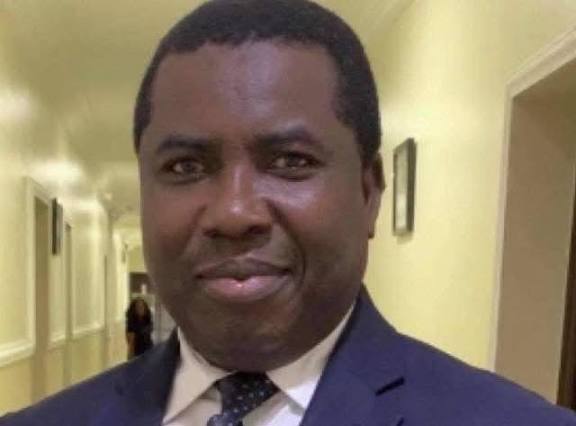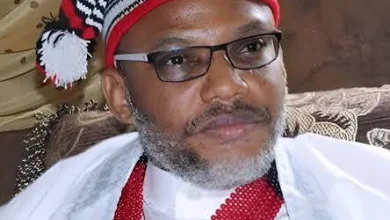Amupitan Vows to End ‘Courtroom Warfare’ in Nigeria’s Elections

By Paul Ebi
Abuja — The new Chairman of the Independent National Electoral Commission (INEC), Prof. Joash Amupitan, SAN, has vowed to dismantle what he described as the “culture of excessive pre-election litigations” that has long undermined Nigeria’s democratic process.
Speaking yesterday at the 56th Annual National Conference of the Nigerian Association of Law Teachers (NALT), held at the University of Abuja, Prof. Amupitan said one of his top priorities as INEC Chairman was to “end the courtroom warfare” that often begins long before ballots are cast.
The INEC boss, who assumed office barely a week ago after being sworn in by President Bola Tinubu, expressed dismay over the high number of pre-election cases that trailed the 2023 general elections.
> “We cannot continue to operate in a system where over 1,000 pre-election cases were recorded ahead of a single general election,” he said. “That is not democracy. That is litigation by other means.”
Amupitan emphasized that the solution to the recurring problem lies in strict adherence to the law, beginning with the conduct of political parties themselves.
> “If political parties obey their constitutions, respect the Electoral Act, and align with the Nigerian Constitution, the avalanche of pre-election cases will collapse,” he stated. “My goal is simple: to make the law an instrument of change, not chaos.
“My desire is that when we get the law right, even the losers will be the first to congratulate the winner. That is when we can truly say our democracy has matured.”
A respected academic and Senior Advocate of Nigeria, Amupitan called on the National Assembly to strengthen Nigeria’s electoral laws, stressing that the credibility of elections depends on a robust legal framework and political parties that practice genuine internal democracy.
While acknowledging that the move might not please some legal practitioners, he insisted that curbing electoral litigations was essential to restoring public confidence in the political system.
> “We cannot continue to allow the courts to determine our elections. Elections must be won at the polling units, not in the courtroom,” he declared.
Addressing law teachers, students, and jurists at the conference themed “Law, National Development and Economic Sustainability in a Globalised World,” Amupitan urged the academic community to view law as a tool for reform and justice, not opportunism.
> “As law teachers, we must lead by example, building a generation that values integrity over influence and justice over convenience,” he charged.
Earlier, NALT President and Dean of the Faculty of Law, University of Ibadan, Prof. John Akintayo, lauded Amupitan’s reformist vision, noting that law remains the backbone of good governance and sustainable development.
> “A nation’s progress depends on how its laws anticipate, adapt to, and shape change,” Akintayo said.
In his opening remarks, Conference Chairman and Dean of Law, University of Abuja, Prof. Uwakwe Abugu, highlighted that this year’s event would spotlight urgent themes such as food security, artificial intelligence, biotechnology, and legal reforms — areas where law and governance must evolve to meet modern challenges.





